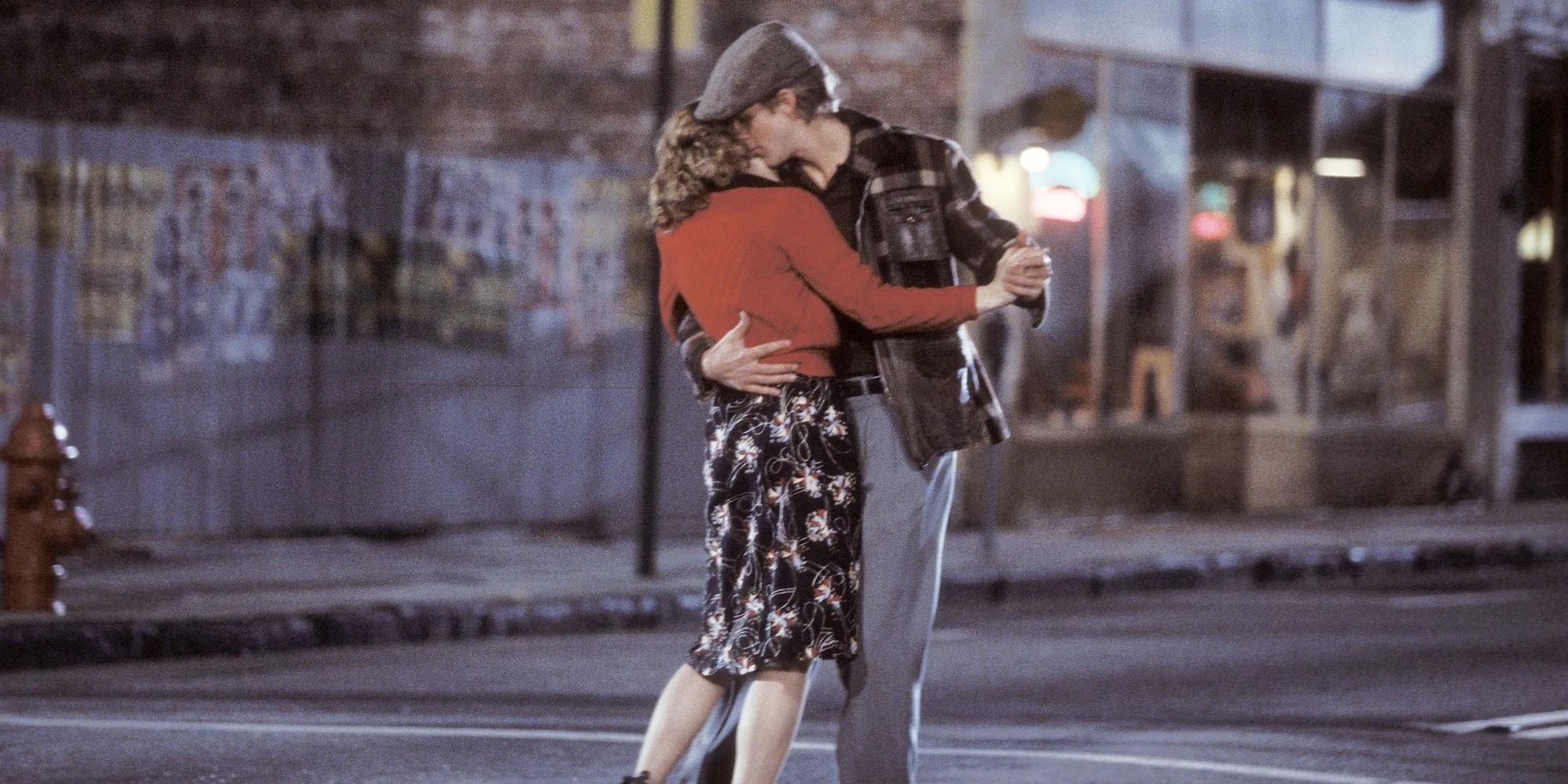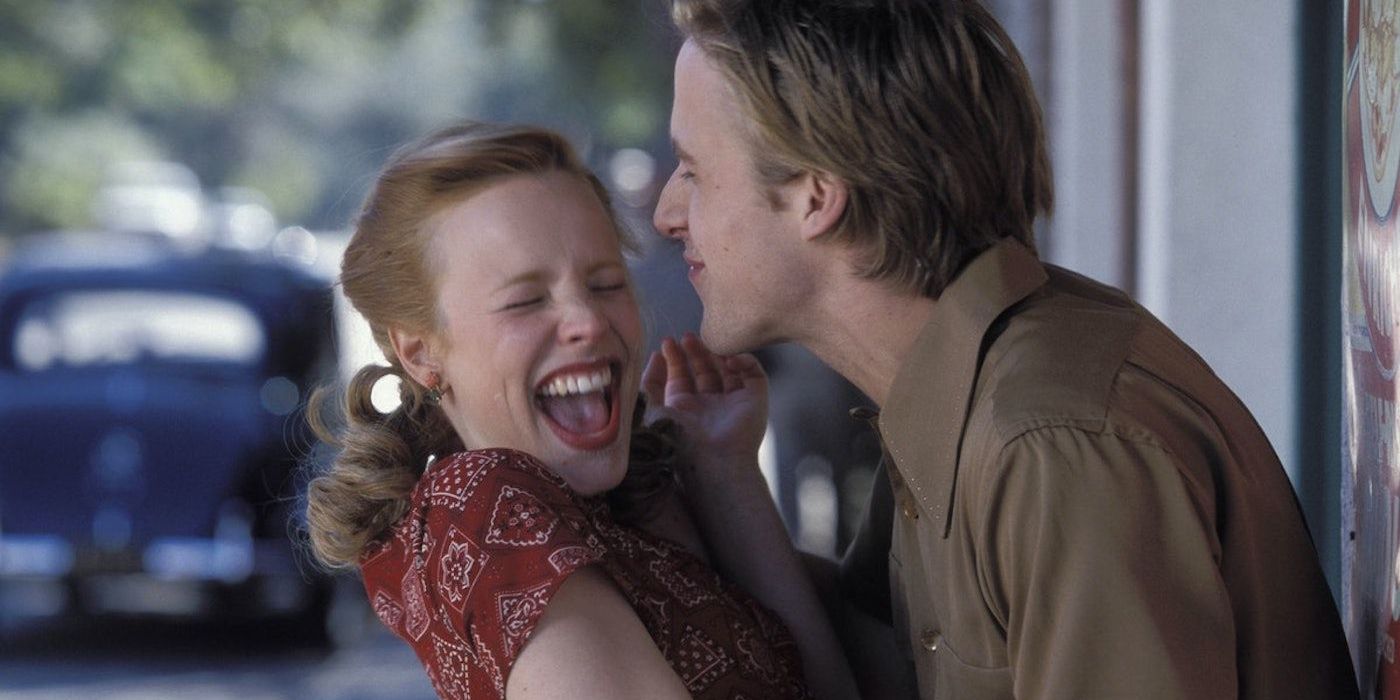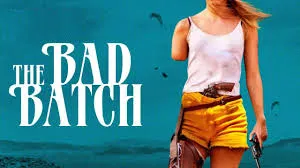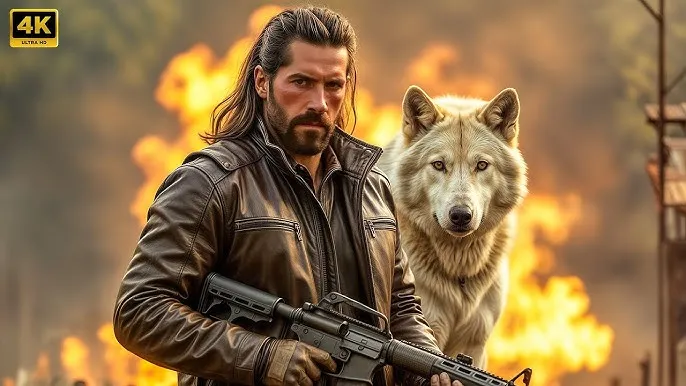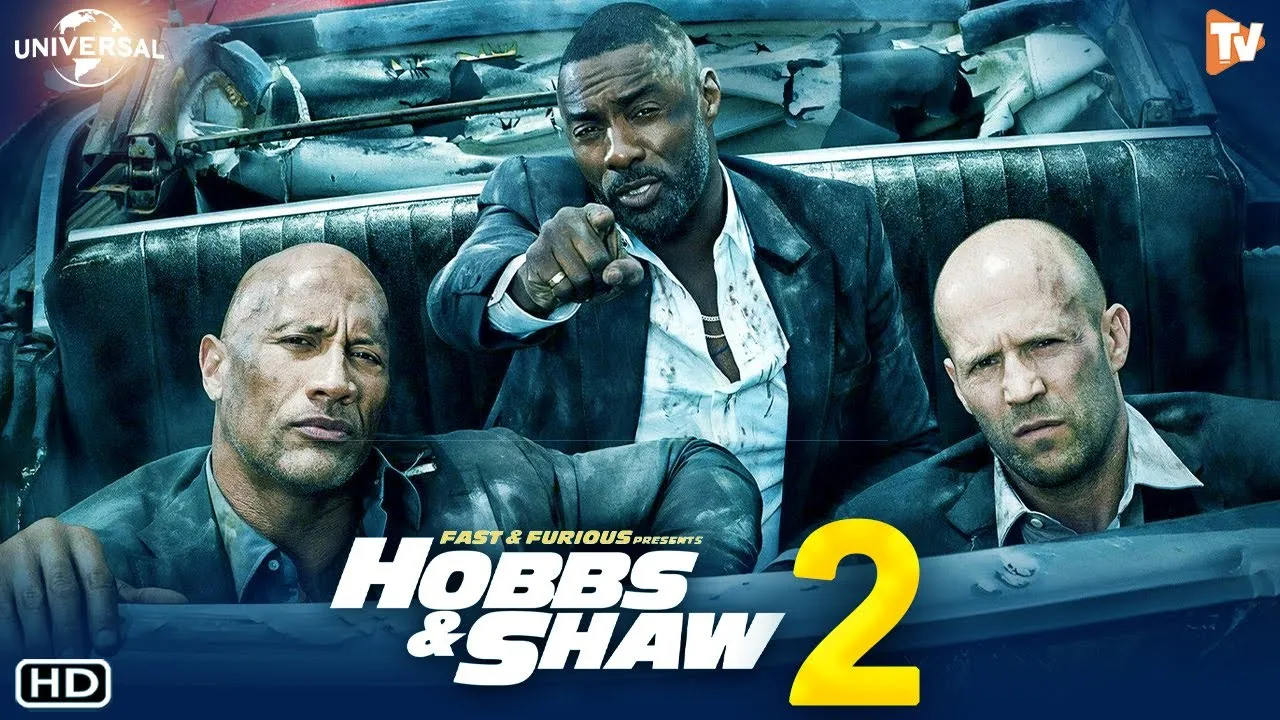More than two decades after its release, The Notebook (2004) remains one of the most beloved—and most divisive—romantic dramas of the modern era. Directed by Nick Cassavetes and based on Nicholas Sparks’ bestselling novel, the film became an instant cultural phenomenon. It catapulted its two leads, Ryan Gosling and Rachel McAdams, into stardom and gave the world one of its most quoted lines: “If you're a bird, I'm a bird.”
But what is it about The Notebook that continues to stir so many emotions—adoration, tears, even frustration? Is it simply a well-acted melodrama, or does it tap into something more universal?
The Notebook tells the story of Noah Calhoun (Ryan Gosling), a poor but passionate young man, and Allie Hamilton (Rachel McAdams), a wealthy, spirited young woman. The two meet in 1940s South Carolina and fall deeply in love during a magical summer. But their relationship is pulled apart by class differences, parental disapproval, and the onset of World War II.
Years later, Allie is engaged to another man—handsome, wealthy, and reliable. But when she sees a newspaper article about Noah restoring the old house he once promised her, she is drawn back to their past. The central question lingers: Will she choose safe, stable love… or the wild, imperfect, but unforgettable love she once had?
Parallel to this, the film is framed in a nursing home, where an older man (James Garner) reads a love story from a notebook to a woman (Gena Rowlands) suffering from dementia. As the tale unfolds, it becomes clear the story being told is not fiction—but their own.
The chemistry between Gosling and McAdams is undeniable. Their real-life off-screen romance that blossomed during and after filming only added fuel to the fire. Gosling’s portrayal of Noah is earnest and emotionally raw—a man who builds a house with his bare hands just in case the woman he loves might come back. McAdams gives Allie complexity, strength, and an inner conflict that feels painfully real.
Equally moving are the performances by James Garner and Gena Rowlands. Their portrayal of an aging couple facing the slow erosion of memory is tender and haunting. The heartbreak of watching someone you love fade away, even as you cling to shared memories, gives The Notebook an emotional depth that elevates it above most love stories.
At its core, The Notebook is about enduring love—a love that persists through time, loss, and even illness. But it’s also about choice. The film poses a question that many people face in some form: Should we follow our heart, even if it leads us into chaos? Or should we choose the safer path—the one others expect of us?
The movie also explores the impermanence of memory, contrasting the passionate fire of young love with the fragility of old age. For many viewers, the final scenes are devastating not because of what is said, but because of what is forgotten.
Cassavetes delivers the film with sweeping visuals and emotionally charged music. The Southern landscapes—lush, sun-soaked, and misty—mirror the emotional highs and lows of the characters. Aaron Zigman’s score underscores moments of longing, heartbreak, and reunion with just the right amount of sentimentality.

Yes, the film indulges in melodrama. Yes, the rain kiss scene is almost aggressively romantic. But for many, that’s part of its charm. The Notebook doesn’t shy away from romantic idealism—it embraces it.
Of course, not everyone adores The Notebook. Critics have called it overly sentimental, emotionally manipulative, and riddled with clichés. Some argue it promotes an unrealistic view of relationships, especially in the way Noah is portrayed as the perfect, endlessly patient man.
Others question the ethical implications of how Allie’s condition is handled, particularly in the film’s final moments. Still, even among detractors, few deny the film’s emotional impact. Whether you’re swooning or rolling your eyes, The Notebook makes you feel something.
Since its release, The Notebook has become a staple of sleepovers, rainy afternoons, and “cry night” movie lists. It’s quoted endlessly, referenced in memes, and frequently rewatched. It has also redefined the Nicholas Sparks brand, launching a wave of similarly themed romantic tragedies.
But perhaps the most impressive thing is that The Notebook continues to inspire conversations—about love, memory, regret, and the paths we choose.
Love it or loathe it, The Notebook has earned its place as a modern romantic classic. It reminds us that some loves are messy, painful, inconvenient—and utterly unforgettable. And even if we forget everything else, the feeling it leaves behind, much like Noah and Allie’s story, lingers on.

